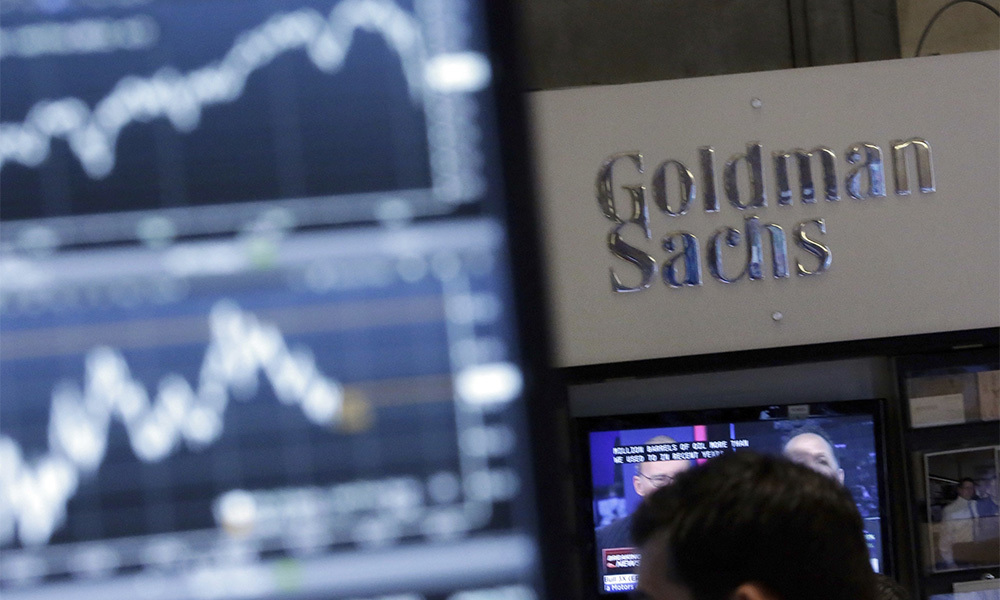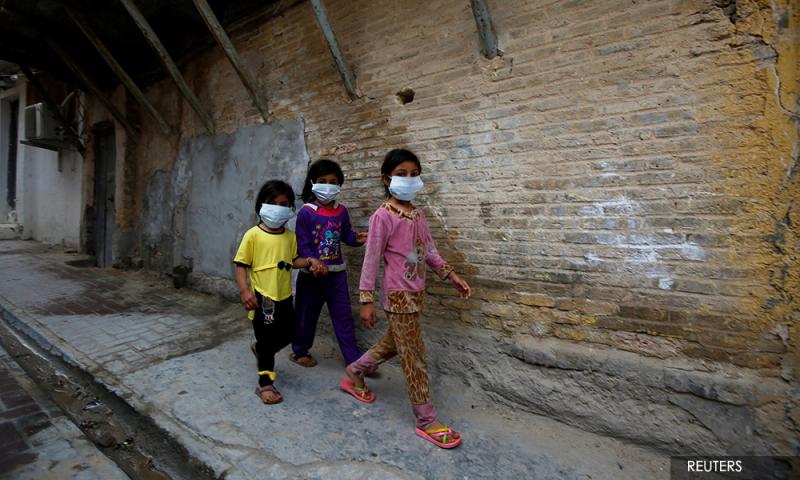G20 nations agree debt freeze for world's poorest countries
CORONAVIRUS | Finance officials from the Group of 20 major economies agreed on Wednesday to suspend debt service payments for the world's poorest countries through the end of the year, a move quickly matched by a group of hundreds of private creditors.
The actions to freeze both principal repayments and interest payments will free up more than US$20 billion (RM87 billion) for the countries to spend on improving their health systems and fighting the coronavirus pandemic, Saudi Finance Minister Mohammed al-Jadaan told reporters after a virtual meeting of G20 finance officials.
Saudi Arabia is hosting the G20 meetings this year. Wednesday's video conference meeting of finance ministers and central bank governors ran well over the scheduled two hours, delaying news conferences planned by al-Jadaan and International Monetary Fund Managing Director Kristalina Georgieva.
The meeting came amid widespread criticism - including from many G20 member countries - of US President Donald Trump's decision on Tuesday to temporarily halt funding to the World Health Organisation over its handling of the Covid-19 pandemic, which has now killed 131,000 people.
The debt standstill offer is open to the world's poorest and least-developed countries, as defined by the World Bank and the United Nations, as long as they are current in their debt service payments to the World Bank and the IMF.
The initiative, backed by the Paris Club of creditors, is part of globally coordinated efforts to bolster the global economy which is facing the deepest recession since the Great Depression of the 1930s due to the pandemic.
German Finance Minister Olaf Scholz called the move "an act of international solidarity with a historical dimension," adding it would let the countries invest in healthcare "immediately and without time-consuming case-by-case examination".
Oxfam International said more work was needed to protect Lebanon, Ecuador and other countries not covered by the deal, and to raise the estimated US$1 trillion needed to help countries weather the "economic tsunami" unleashed by the pandemic.
The charity group and others have called for cancellation - not just suspension - of poor countries' debts in 2020.
A source familiar with the agreement said it would cover US$12 billion to US$14 billion in bilateral debt service payments owed by the 76 International Development Association (IDA) countries, plus Angola, through the end of the year.
The poorest countries will be hardest hit by the pandemic because they have weak health systems and have seen a massive outflow of capital since the crisis began. Many have also been rocked by a sharp drop in commodity prices.
Georgieva welcomed the G20's "exceptionally rapid" decision to move ahead on debt relief. In a new IMF document, she said debt relief was in the interest of all, "as the global community is as strong as its weakest member in a global pandemic."
Private creditors also engaged
Private creditors will join the debt relief effort on a voluntary basis, said the International Institute of Finance, which represents 450 banks, hedge funds and other global financial firms.

That is critical since countries had been reluctant to offer debt relief if countries could use the freed funds to service private-sector debts.
A French finance ministry official on Tuesday said private creditors had agreed to roll over or refinance US$8 billion of the debt of the poorest countries, on top of the roughly US$12 billion in debt payments to be suspended by bilateral creditors.
A further US$12 billion is owed to multilateral lenders, mainly the World Bank, French Finance Minister Bruno Le Maire told reporters, although he provided no details.
World Bank Group President David Malpass said the Bank, the IMF and other multilateral lenders were exploring options for suspending their debt service payments while maintaining high crediting ratings on their bonds.
"This is a powerful, fast-acting initiative that will do much to safeguard the lives and livelihoods of millions of the most vulnerable people," he and Georgieva said in a joint statement.
The debt suspension will last until the end of the year but creditors will consider a possible extension during 2020, taking into account a report on countries' liquidity needs by the World Bank and the IMF, the G20 said.
Eric LeCompte, executive director at the non-profit Jubilee USA Network, estimated the agreement could ultimately result in US$25 billion of relief for the poorest countries.
Georgieva, in a statement to the G20 leaders, also said the IMF was "urgently" seeking some US$18 billion in new resources for the Fund's Poverty Reduction and Growth Trust for poor countries and was exploring the use of special drawing rights to bolster its $1 trillion in lending capacity.
- Reuters
Keep up with the latest information on the outbreak in the country with Malaysiakini's free Covid-19 tracker.
Malaysiakini is providing free access to the most important updates on the coronavirus pandemic. You can find them here.
Help keep independent media alive - subscribe to Malaysiakini.
RM12.50 / month
- Unlimited access to award-winning journalism
- Comment and share your opinions on all our articles
- Gift interesting stories to your friends
- Tax deductable

 Reuters
Reuters